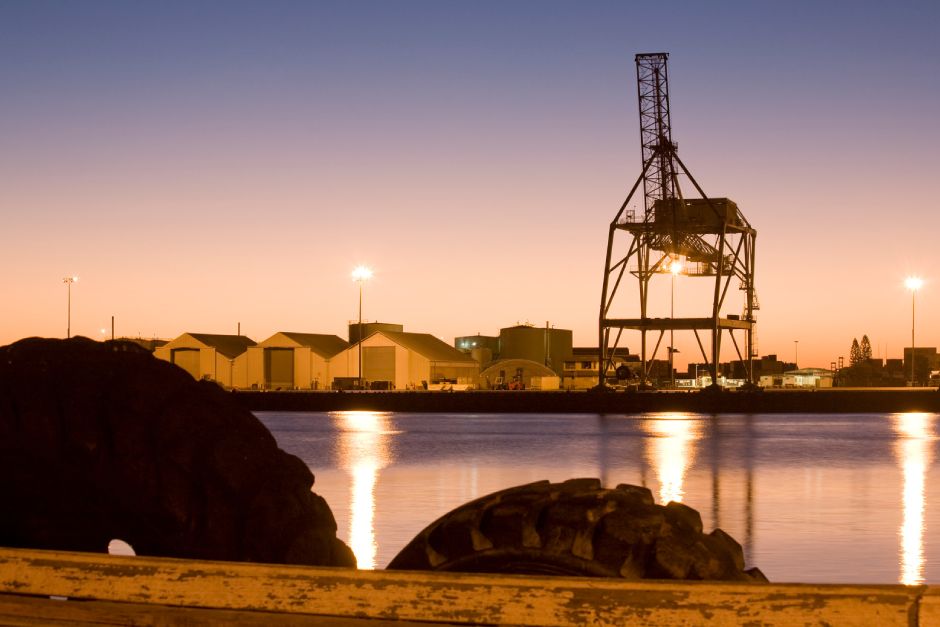With the State Government’s recent announcement that the long-awaited February 5th border reopening will not proceed, Western Australians continue the anxious wait for a return to normalcy. Although Covid-19 cases have been kept low and the state’s economy remained one of the world’s most resilient, widespread effects of the pandemic and Western Australia’s isolated nature brought significant issues of delays and shortages throughout several industries. As a result, many Western Australian businesses are struggling to manage and are needing to explore commercial finance options for accessing working capital.
In this article, we explore some of the most prominent issues currently impacting commercial finances within WA, and the finance options available to support businesses through these precarious times.
Supply Chain Crisis Damages Cashflow for WA Businesses
Since the onset of the Covid-19 pandemic, global supply chain issues have prevailed as a result of fundamental disruptions to production lines. The impacts of these supply chain issues and the ensuing delays to receive products have been felt deeply across several prominent Western Australia industries. For example, the state’s residential building industry has been substantially constrained by material shortages, failing to satisfy a strong appetite for new projects. Building approvals have risen by 89%, while 93% of WA-based builders have reported their activity has been impacted by material shortages and delays.
“Perth-based sources have been experiencing five-month waits for shipments that have taken just one in the past.” – Michael Coombes
The automotive industry has reported similar disruption, particularly as Australia ceased manufacturing new cars in 2017, forcing Australian businesses to rely solely on overseas manufacturers. As many overseas automotive plants have been forced to close their doors due to the pandemic, West Australian dealers are waiting up to 9 months for new deliveries. In the meantime, dealerships are relying heavily on used car sales to remain afloat, leaving gaping holes in their cashflow
These figures only skim the surface of the supply chain crisis, with the reality that these delays are occurring across most industries painting a much darker picture. As a result of extensive delays, many West Australian businesses are experiencing critical cash flow issues.
Commercial Finance Options to Ease Pressure on WA Businesses
Fortunately, West Australian businesses may have access to a range of finance options that can provide a valuable boost to cash flow. As time will only tell when supply chains will return to a new normal, businesses may utilise a variety of finance options to maintain a healthy cash flow in the meantime.
Overdraft
One such form of financial assistance available to businesses is an overdraft. An overdraft can be provided by a large number of financial institutions and used to finance the company’s everyday operations. These everyday costs can include rent, payroll, and any debt payments. This may be suitable in the current climate as an overdraft will cover any operational costs, alleviating the financial strain of waiting for products to be delivered.
Trade Finance
Trade finance is another option available to companies, helping to facilitate the importation of stock while managing risks involved with international trade. The time taken to import a product is already a drain on cash flow, which is only further compounded by prolonged delays and increasing transport costs. Trade finance can be utilised to fill the gap in cash flow, as a financial institution will loan the partial or full importation amount and allow up to 120 days for reimbursement.
Debtor/Invoice Finance
Another option to overcome cash flow issues is by utilizing debtor or invoice finance. Cashflow gaps can also arise when a business must wait for the customer’s debt to be paid after the product has been sold. When debtor finance is used, the financial institution will advance up to 80% of the sale, bridging the gap in cash flow for the business. Once the customer has paid their invoice, the business pays the money back to the lender.
As many imported products have been placed on backlogs as supply chains have slowed, trade finance and debtor finance work well combined to stave off cash flow issues until sales can be completed. This combination has increased in popularity recently as businesses seek an injection to their liquidity, particularly as government stimulus programs have ceased.
If you’re interested in learning more about optimising your business operations with financial assistance from Perth’s leading commercial finance specialists, contact the team at Southshore Finance today.

